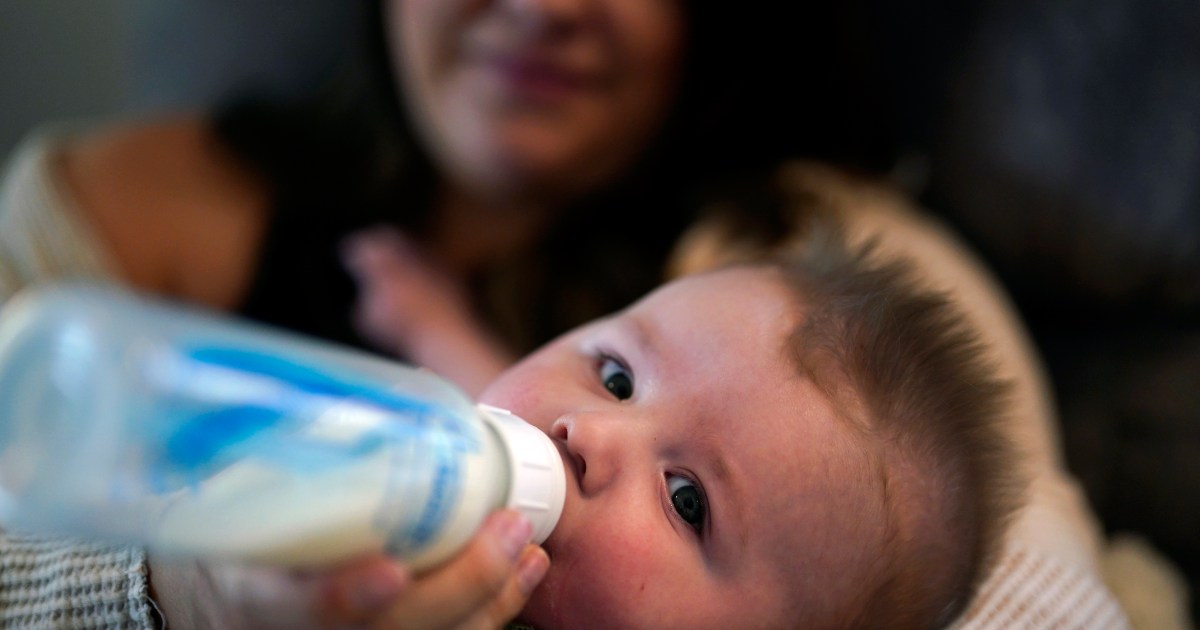Zambia plans power cuts due to low water levels in Lake Kariba
Hydropower contributes more than 75 percent of Zambia’s power generation.
Zambia will start rationing electricity supply to domestic consumers from December 15 following a big drop in water levels in Lake Kariba, threatening hydropower generation, the energy minister has said.
Last week, officials in neighbouring Zimbabwe – which jointly owns the Kariba Dam with Zambia – said water levels were too low for them to continue power-generation activities there.
Kariba is the main source of electricity generation for both countries.
Water levels in the lake have dropped to 4.1 percent of usable storage for the Kariba North Bank Power Station in Zambia and the Kariba South Bank on the Zimbabwean side of the lake, Peter Kapala, Zambia’s energy minister, told parliament on Friday.
“The low water level situation in the lake Kariba threatens the power generation from both the Kariba North Bank Hydropower station and Kariba South Bank Hydropower station,” he said.
Water levels in the lake have fallen due to reduced inflows from the Zambezi river and its tributaries and heavy use by power generation companies in Zambia and Zimbabwe.
Hydropower contributes more than 75 percent of Zambia’s power generation.
Kapala said it was projected that if the current water utilisation continued, the remaining water for power generation would not be enough for power generation from mid-December.
To avoid a complete shutdown of the two power stations, the Zambezi River Authority has told Zimbabwe to cut generation to a maximum of 300 megawatts and Zambia to a maximum of 800 megawatts, he said.
“We anticipate that this will translate into a load management regime starting on the 15th of December, 2022 of up to six hours daily.”
The Kariba North Bank Power Station has an installed capacity of 1080 megawatts while the Kariba South Bank Power station in Zimbabwe has a capacity of 1050 megawatts.
The two countries jointly manage the water in the lake through the Zambezi River Authority.



